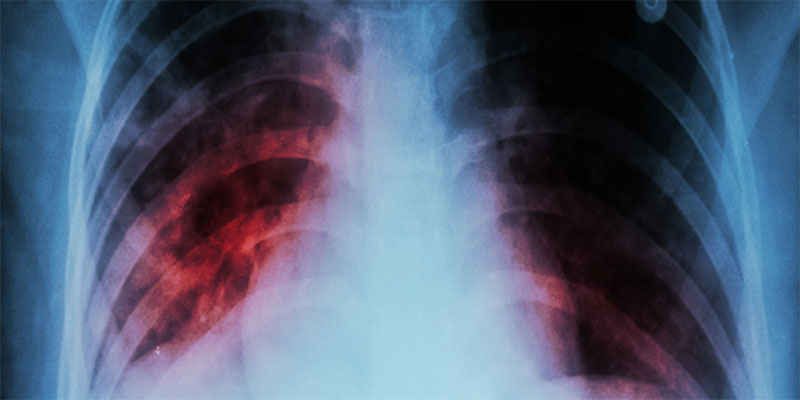Invasive pneumococcal illnesses may be avoided with the aid of pneumonia vaccinations. The frequency with which the injection should be administered varies with age and general health. With pneumonia, the air sacs in the lungs become inflamed due to an infection. Pus or fluid may collect in the sacs due to inflammation. Cough, fever, chills, and respiratory distress are typical symptoms. Pneumonia may be either bacterial or viral. The American Lung Association reports that bacterial pneumonia is more prevalent and leads to more severe diseases. The pneumonia vaccination, also called the pneumococcal vaccine for pneumonia, may protect against several different types of bacteria that can lead to pneumonia. There are two formulations of the vaccine, one tailored to those over 65 and one to those at high risk due to a preexisting medical condition.
What You Need To Understand About Pneumonia
Pneumonia may affect either lung and can be caused by several different types of bacteria and viruses.
Rapid onset or slow onset are both possible for the following symptoms:
- Constricted breathing
- Chest discomfort
- Fever
- Cough
- Having trouble eating or not wanting to eat
Due to the similarity between these symptoms and those of the common cold and the flu, early identification may be difficult. It's also worth noting that the vaccination provides some protection against bacterial pneumonia but not all. Dr Suri notes, "There are hundreds of distinct forms of bacterial pneumonia." There is no doubt that the vaccination will lessen the likelihood that you will get the most frequent kind of bacterial pneumonia.
What Exactly Is Pneumonia?

Pneumonia is a lung illness that has similar symptoms to the common cold. Inflammation causes fluid or pus to build up in your lungs. Although the symptoms resemble the flu, pneumonia may continue for weeks and have catastrophic consequences. Streptococcus pneumonia, often known as pneumococcal pneumonia, is the leading human cause of pneumonia. Bacteria, viruses, or fungi may cause pneumonia. This kind may be treated with antibiotics. The doctor might test to identify what sort of pneumonia you have. Treatment varies depending on your pneumonia type and the severity of your symptoms. However, immunization is the safest and most effective preventative measure.
Who Is The Most Vulnerable To Pneumonia?
Pneumonia may affect people of any age, although those who are younger and healthier usually make a speedier recovery. Those who have had chemotherapy received an organ transplant, or have HIV/AIDS are at a higher risk, as are those over the age of 65 and those who suffer from illnesses such as heart disease, diabetes, emphysema, asthma, and chronic obstructive pulmonary disease (COPD). Patients recuperating from major surgery or sickness are also at a higher risk for developing pneumonia, as are smokers and heavy drinkers.
Who Should Get A Shot Against Pneumonia?

Those who fit into the following categories are encouraged to get the pneumococcal vaccination by the Centers for Disease Control and Prevention (CDC):
- To all infants and toddlers.
- All persons 65 years or older.
- People aged 19-64 who use cigarettes are included.
- Those under 65 years old and those over the age of 2 have certain chronic conditions (those that affect the heart, lungs and kidneys).
- Those with compromised immune systems or those at high risk for developing specific illnesses (such as diabetes, chronic heart, lung, or liver disease).
- The suggestions are often complex, so it's a good idea to speak to your healthcare physician about your questions and concerns, Dr Suri adds.
And Make sure to have that chat. "This is an illness you see year-round," she says.
Conclusion
Although the pneumonia vaccination can't prevent all instances, it may lessen your chances of developing the illness. It will likely be less severe if you acquire pneumonia despite getting the injection. Pneumonia is an infection of the lungs that may make breathing difficult and affects more senior citizens and those with preexisting health conditions. Those with compromised immune systems are more likely to be involved. There is a good chance that your doctor will stress the need for a flu vaccination every year. But there's another vaccination you should explore with your doctor, too – one that helps protect you against pneumonia. The pneumococcal vaccination helps prevent patients at the highest risk for pneumococcal infections, which may cause problems, hospitalization, or even death. Still, it is not a seasonal vaccine and is not as often administered as the flu shot.












